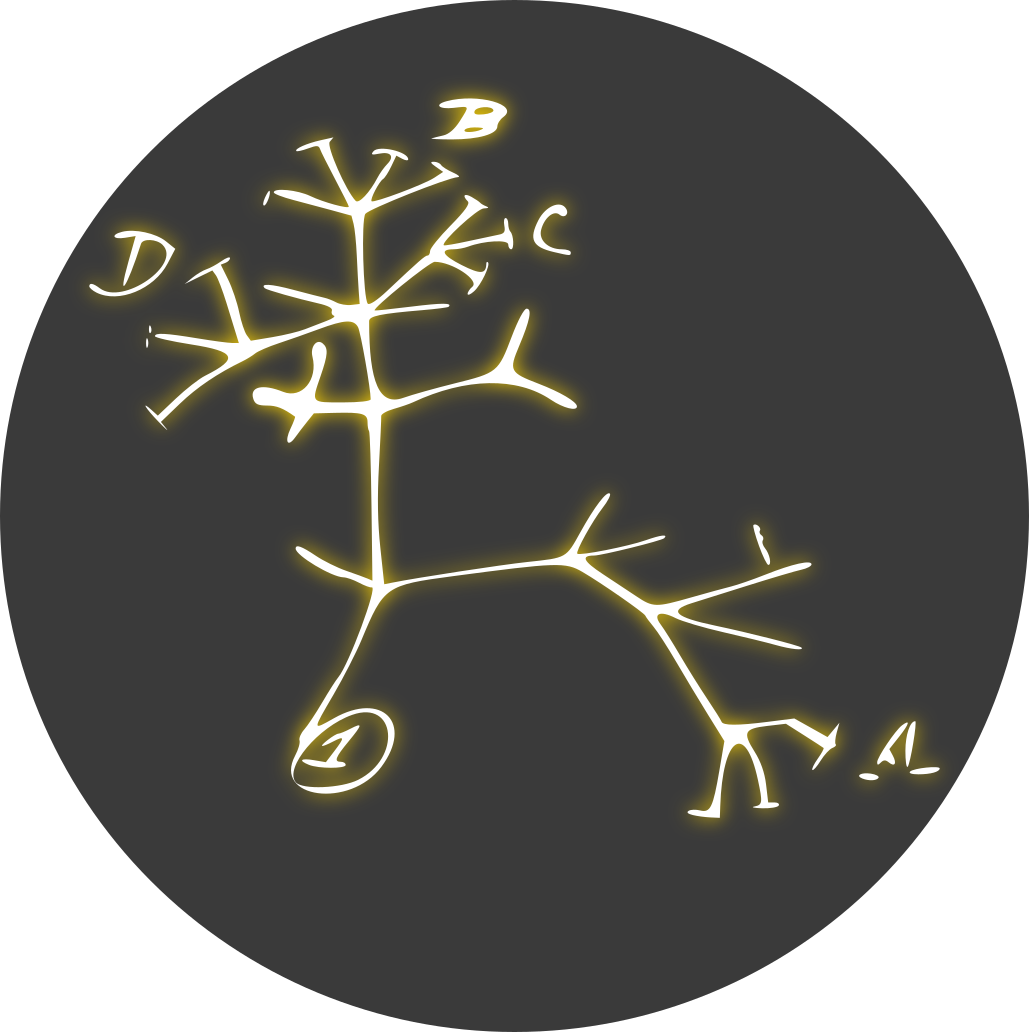Humans can be pretty good at exchanging information with only the most subtle body movements.
My cat knows when it’s time to go to bed. She also has a form of mind control to help her get snacks, or to have her blanket put onto the sofa.
My cat’s are telepathic with each other. If they want something they both stare at me until they get what they want, and somehow I know what they want when they stare at me.
None really since proper telepathy, defined as “extrasensory communication” doesn’t exist. There has to be some physical way to send and recieve information and the ability to pick up a physical signal is what a sense is. So if something communicates it’s always sensory.
If a species used radio communication, I don’t think I’d be against people calling it telepathy.
But it would be rather inconsistent. It’s just another part of the electromagnetic spectrum and we wouldn’t call visual communication telepathy.
Why inconsistent? It’s a transfer of information without physical interaction and without using any human senses.
I guess the difference in definition would be “human” senses. If you define it as using no human senses it fits, if you define it as not using any senses it doesn’t, but that would be a useless definition, because nothing could possibly satisfy it.
Flowers can communicate with bees via ultraviolet light, which is not a human sense. So by your definition flowers can telepathically communicate with bees. That sounds odd to me.
Also the exchange of electromagnetic radiation is physical interaction.
if you define it as not using any senses it doesn’t, but that would be a useless definition, because nothing could possibly satisfy it.
But that’s very much my point. Telepathy, as defined in the dictonary, does not exist and so nothing should satisfy the definition.
Britannica dictionary defines it with “without using the usual sensory channels”
Cambridge dictionary with “without using words or other physical signals”
Collins “without speech, writing, or any other normal signals”
Merriam-Webster uses “extrasensory”, and they define “extrasensory” as “outside the ordinary senses”
All of it seems to match radio communication, and all require it to be between two persons or minds, so flowers and bees definitely don’t qualify.
All of it seems to match radio communication
Huh? No. All of these exclude radio communication quite specifically.
If some animal could pick up radio waves, it would necessarily have to have a sensory channel for radio waves. Radio waves are physical signals. Quite normal signals, too.
And while it’s certainly not an ordinary sense in the real world, in the hypothetical where some animal did evolve the ability to pick up radio waves, it would be an ordinary sense for that animal.
Hah, I’d expect “ordinary” and “normal” here to mean “ordinary / normal senses for a human”, not for the hypothetical telepathy user. That wouldn’t be a very useful usage of these words, so I doubt that’s what was meant here. There is always a reference point for someone saying something is “normal” or “ordinary”, and that reference point, for a human dictionary, would be a human with human senses.
When I say that a shark has an extraordinary set of teeth, I obviously mean from a human point of view, and not claiming that it’s not normal from the shark’s point of view. And when I, or a dictionary, say that telepathy doesn’t use usual senses, similarly the meaning is that they would be unusual for a human, and personally I would find a species having a sense for radio waves, to be unusual.
Pigeons have an organ in the brain that allows them to sense the earth’s magnetic field.
Fish too, but I believe its part of their outer skin not brain
And if they could use it to exchange thoughts and ideas with others, I’d call that telepathy, but they don’t/
Cat and dog. Telepathy is a skill that allow a user to communicate without speaking or body language, my cat doesn’t even need meowing and i just know she want food. Some naysayer will claim it’s because she sit in front of her food bowl but those are just unfounded claim.
No expert here, but Toxoplasma gondii come to mind.






